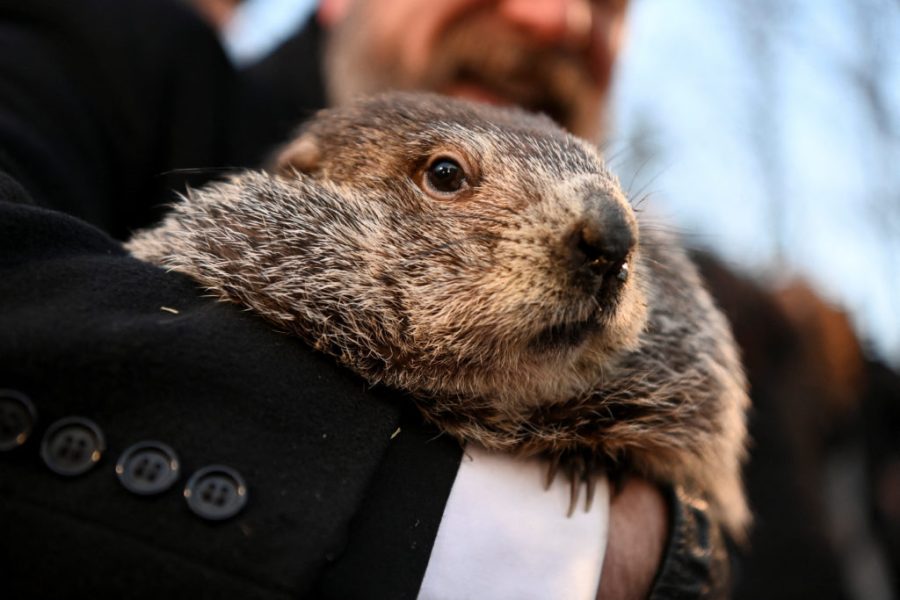Why Groundhog Day is No Longer Relevant
AJ Dereume holds Punxsutawney Phil during the Groundhog Day Festivities, at Gobblers Knob in Punxsutawney, Pennsylvania, U.S., February 2, 2023. REUTERS/Alan Freed
Groundhog Day is a holiday that has its roots in ancient European traditions related to the changing of the seasons. The holiday is said to have originated with the Celtic celebration of Imbolc, which marked the midway point between the winter solstice and the spring equinox.
In the United States, Groundhog Day has been celebrated since the 1800s. The holiday was brought to the United States by German immigrants who settled in Pennsylvania, where it became a popular tradition.
The most famous Groundhog Day celebration is held in Punxsutawney, Pennsylvania, where a groundhog named Punxsutawney Phil is said to predict whether or not there will be six more weeks of winter or early spring. According to tradition, if Phil sees his shadow on Feb. 2, there will be six more weeks of winter, while if he does not see his shadow, spring will arrive early.
The first recorded mention of Groundhog Day in the United States was in the diary of James Morris, a storekeeper in Morgantown, Pennsylvania, in 1841. The first official Groundhog Day celebration in Punxsutawney was held in 1887, and since then it has become a major annual event, drawing visitors from all over the world.
After over 130 years on the job, is Phil accurate?
While the tradition of Groundhog Day has been around for more than 100 years, many people today feel that it is no longer relevant for several reasons.
The accuracy of the groundhog’s predictions has been heavily debated. According to the National Centers for Environmental Information, Punxsutawney Phil has been correct in his predictions only 39% of the time over the past 10 years. This raises the question of why people should rely on such an unreliable source for weather predictions. With the development of more accurate and efficient technology a click away on our phones, Phil’s predictions are no longer as needed as it was before.
At the same time, for many people, Groundhog Day simply does not hold the same cultural significance as it once did. It is seen by some as a quaint tradition that has lost its relevance in modern times.
With the increasing impact of climate change, the arrival of spring and winter is becoming less predictable. This makes the predictions of a groundhog even less relevant in terms of accurately predicting the weather.
In recent years, other holidays such as Valentine’s Day and Presidents’ Day that are shared in the same month have gained more attention and have taken the focus away from Groundhog Day.
Despite these facts, Groundhog Day is still a fun and lighthearted holiday that offers a break from the routine of everyday life. Whether it’s the festive atmosphere, weather predictions, or quirky traditions, there are many reasons why people enjoy celebrating this holiday.
However, while Groundhog Day may still hold some cultural significance for some people, it is becoming less relevant in modern times due to its inaccurate predictions, lack of cultural significance, the impact of climate change, and the focus on other holidays.

Hello! My name is Cindy Yang, and I am a photographer and staff writer for the Howling Wolverine. I am a 12th grade returner and I plan to become a communication...














